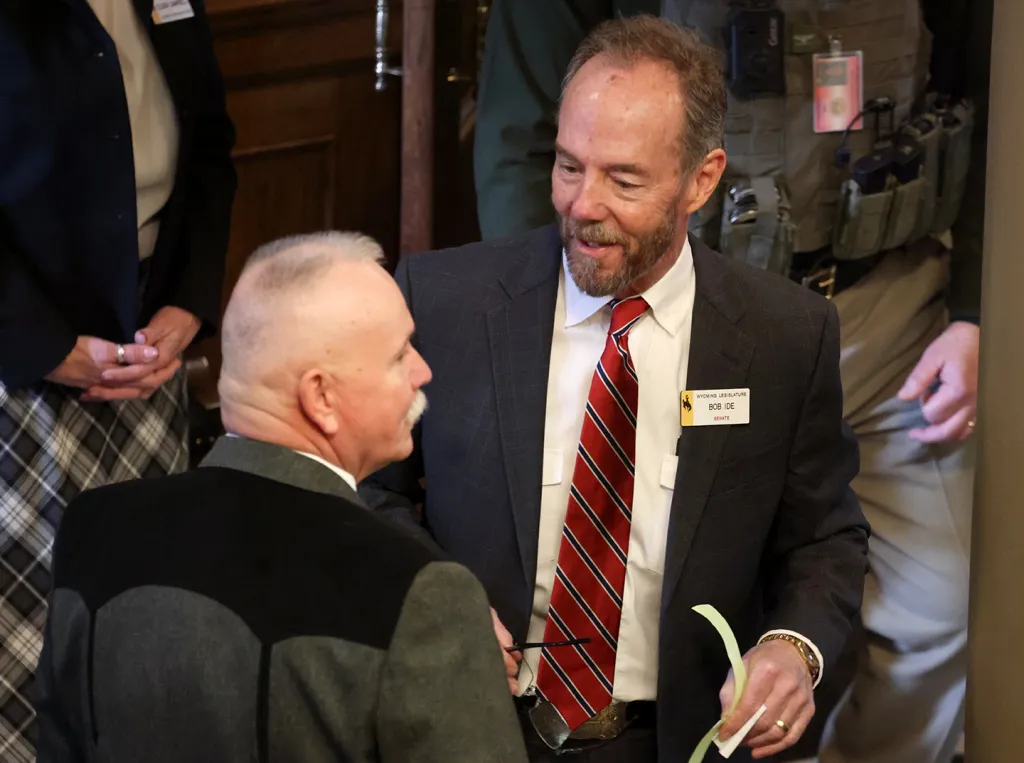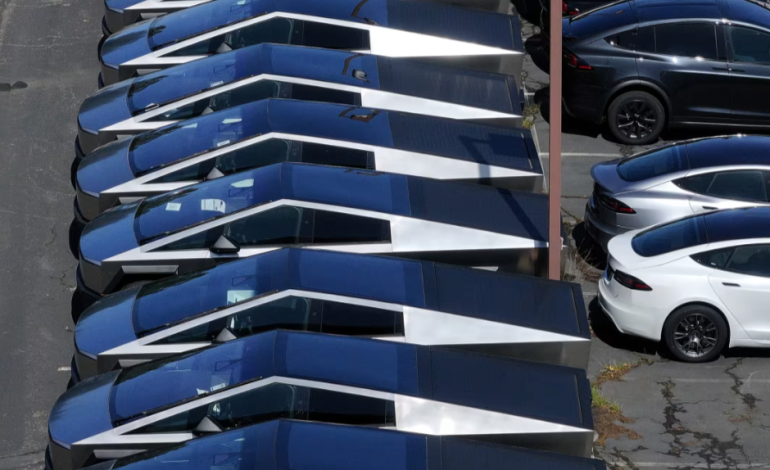Tesla is facing a complex and increasingly precarious set of challenges, as concerns over its financial health, leadership priorities, and competitive position in the electric vehicle (EV) market intensify.
While recent headlines have focused on CEO Elon Musk’s political feud with President Donald Trump, analysts say the company’s core business faces headwinds that go far beyond any social media dispute.
On Monday, Tesla shares fell 6.8%, continuing a downward trend that began in early June. The stock is now down about 14% over the past month and approximately 27% year-to-date. Investor concerns have been fueled by a combination of declining sales, increased global competition, changes to federal policies, and growing unease over Musk’s renewed political ambitions.
Musk’s recent decision to launch a new political party—the “America Party”—has added to investor anxiety. Once a close ally of Trump during the 2024 campaign and early months of his second term, Musk has since broken ranks over disagreements on fiscal policy. The fallout has escalated publicly and politically, leading some investors to question whether the Tesla CEO’s focus has shifted too far from his business responsibilities.
Dan Ives, a longtime Tesla bull and analyst at Wedbush Securities, warned in a research note that Musk’s political engagement is a “distraction at a critical time” for Tesla. He urged the company’s board to set clear boundaries on Musk’s political activities, including formal oversight and time commitments tied to his compensation.
Compounding the issue are looming financial pressures. A new tax and spending bill signed by President Trump has eliminated key incentives that previously supported Tesla’s profitability. The legislation removes the $7,500 federal tax credit for EV buyers and also eliminates emissions penalties that encouraged traditional automakers to purchase regulatory credits from EV manufacturers like Tesla.
Since 2019, those credits have added over $10 billion to Tesla’s bottom line. Without them, Tesla may not have posted positive net income in recent years. In fact, the company’s net income fell 71% in the first quarter of 2025, and analysts say it would have dipped into the red without regulatory credit sales.
Tesla’s global sales have declined 13% year-over-year for each of the past two quarters—its worst performance on record—even as global EV demand continues to rise. The drop in market share is largely attributed to growing competition, especially from Chinese automaker BYD, which is on track to surpass Tesla in global EV sales this year.
At the same time, other Western automakers have launched competitive EV offerings, further eroding Tesla’s once-dominant position. A key concern is whether Tesla can maintain momentum without the pricing leverage once afforded by government incentives.
Musk has responded to concerns by emphasizing the company’s future in autonomous driving and robotics. Tesla recently began testing its robotaxi service in Austin, Texas. However, the pilot program is limited to a small group of users—mostly Tesla fans—and includes human monitors in the passenger seat, making it less advanced than rival services.
Google’s Waymo already offers driverless taxi services in four US cities and plans to expand to Miami and Washington, DC Tesla’s robotaxi effort, meanwhile, has encountered publicized missteps, including videos showing cars veering into parked vehicles or driving on the wrong side of the road.
Despite Musk’s assurances that a broader rollout is coming, no timeline has been announced for expansion or removal of human safety monitors.
Amid these developments, some investment firms have grown cautious. Analysts at William Blair downgraded Tesla stock to “market perform” and cut their earnings forecasts, citing concerns over Musk’s political involvement and weakening fundamentals.
While retail investors have remained active—some investing in leveraged Tesla ETFs—Wall Street analysts have emphasized the need for a shift in leadership focus.
“Elon Musk’s involvement in high-profile political battles is undermining Tesla’s strategic goals at a pivotal time,” said Jed Dorsheimer of William Blair. “The company needs focus on execution, not distraction.”
Tesla is set to report second-quarter earnings on July 23. While analysts will be watching closely for signs of improved performance, many say the larger issue is whether Musk will commit more fully to the company’s operational needs at a time of increased risk.
Despite the turbulence, Musk remains among the world’s richest individuals, with an estimated net worth of over $360 billion. But his political entanglements, combined with fading incentives and rising competition, have made Tesla’s future path more uncertain than at any point in recent years.
“The Tesla board needs to act now,” said Ives. “This is a tipping point for the company’s next chapter.”
With input from CNN, Axios, Forbes, and Investor’s Business Daily.










The latest news in your social feeds
Subscribe to our social media platforms to stay tuned